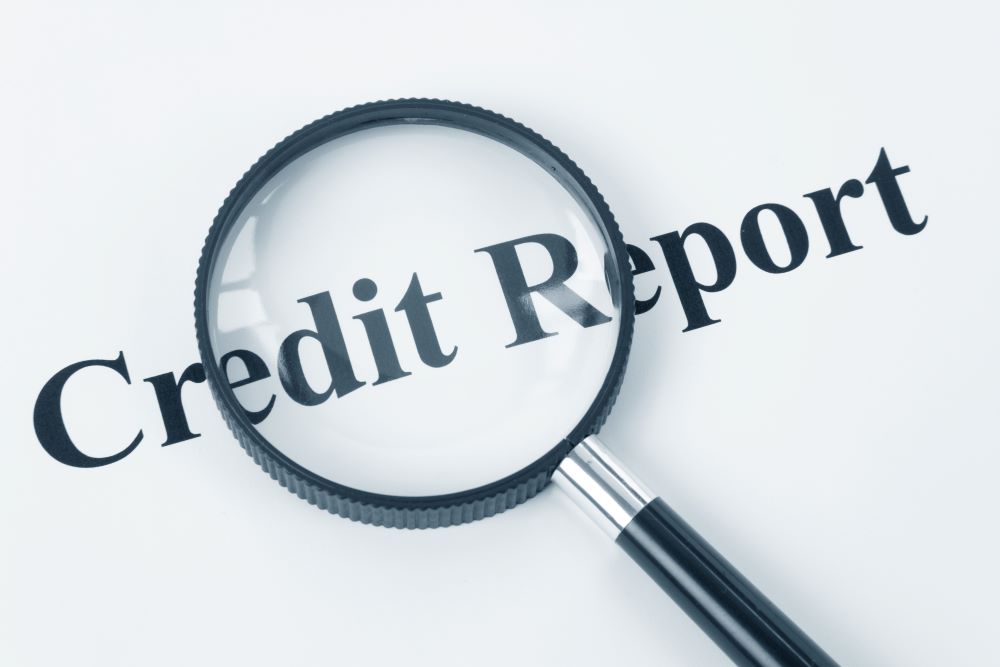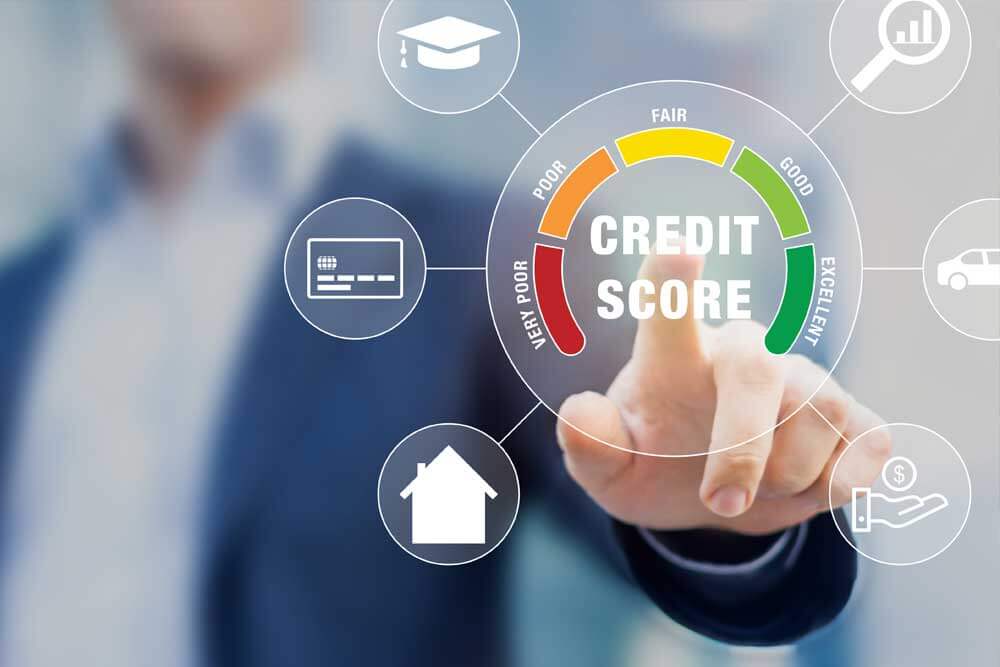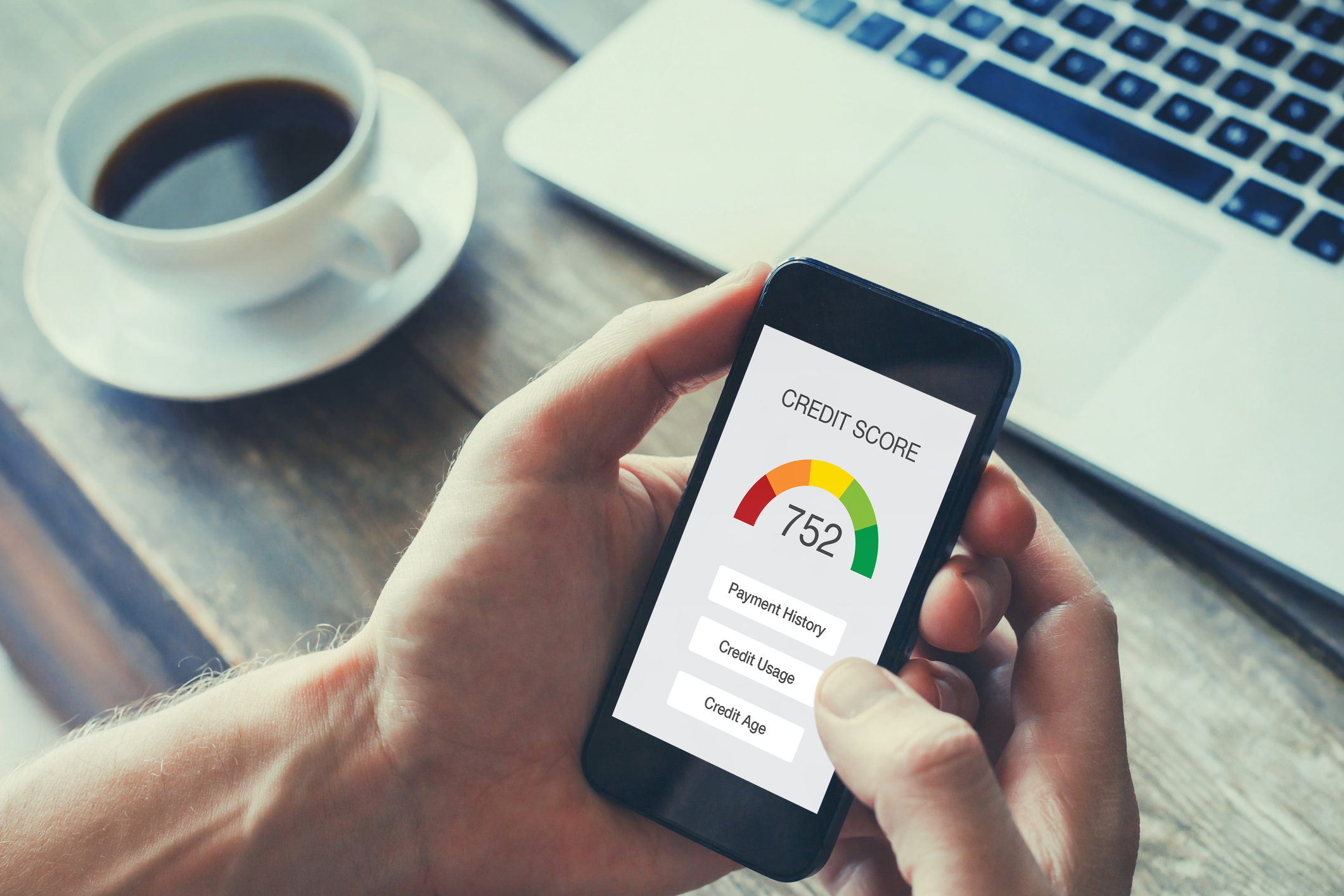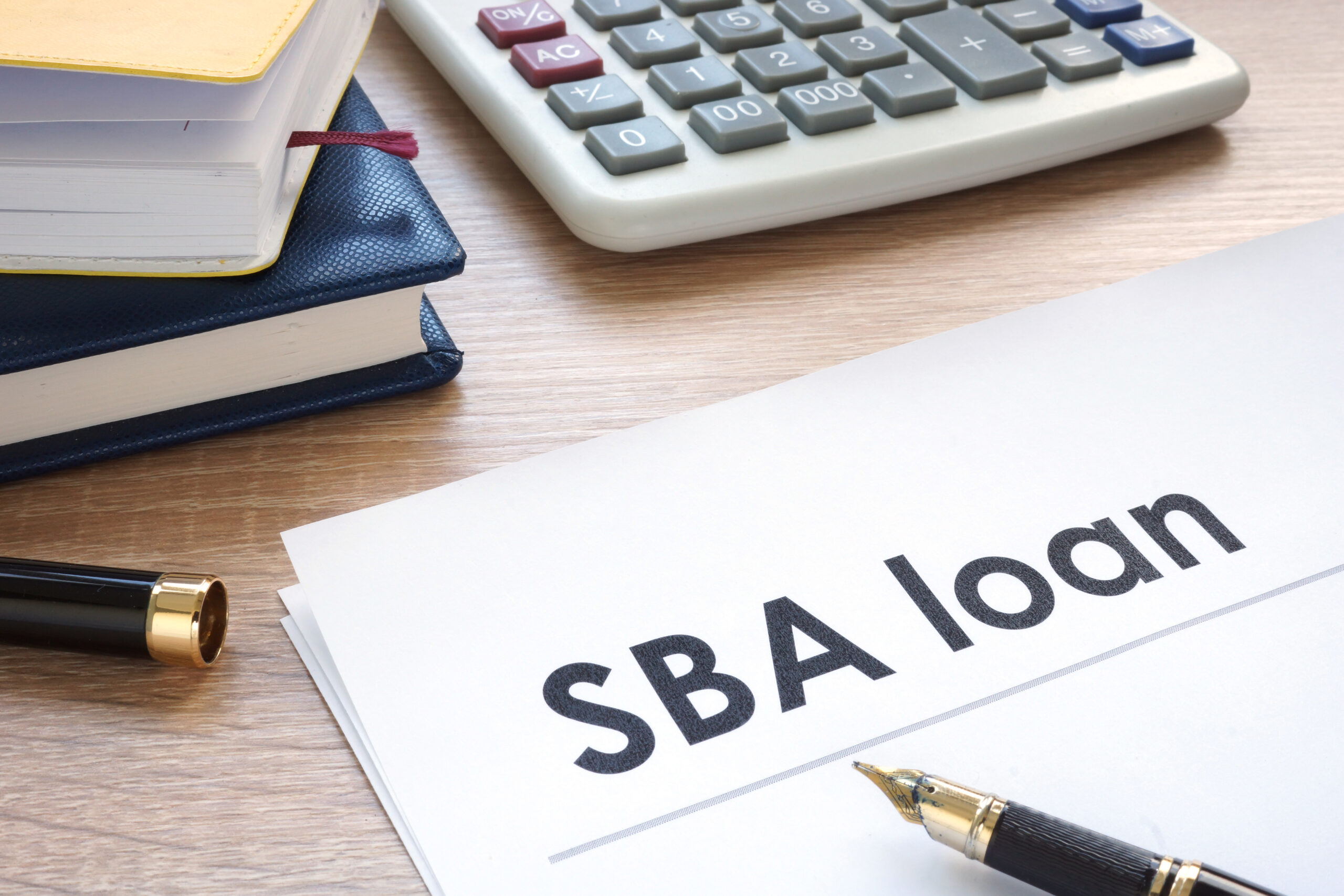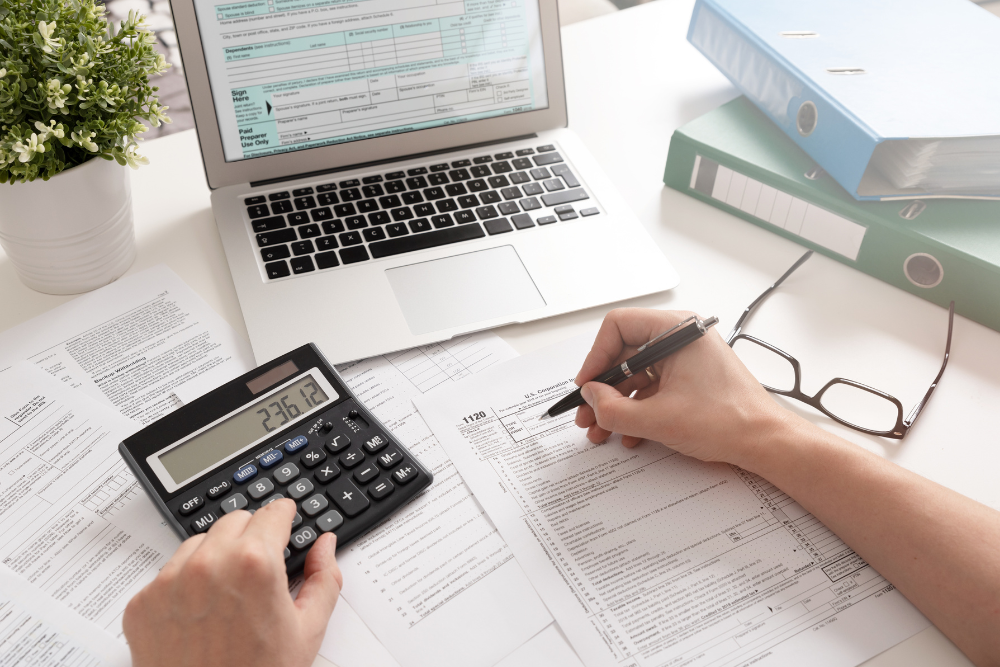A credit report is a record of your history managing and repaying debt. It is designed to help lenders learn about your previous borrowing experiences when deciding whether or not to extend credit to you.
Every time you open a new credit card, take out a loan or make a late payment with one of your lenders, that information is reported to the credit bureaus that organize your credit activity into a credit report. These credit reports act as report cards lenders view to determine your creditworthiness – a measure of how “worthy” you are of being a borrower.
It’s important to understand what a credit report is because it contains information that affects your access to financial resources that can help you make significant life transitions in the future.
Read on to learn more:
- Sections of a Credit Report
- How is a Credit Report Made?
- Why is it Important to Check Your Credit Report?
- When Should You Get a Credit Report?
- What to Look for in a Credit Report
Sections of a Credit Report
There are three major credit reporting agencies (also called credit bureaus): Experian® , TransUnion® , and Equifax® . While each bureau creates a separate credit report for you based on their own scoring system, they typically contain similar information.
These are the sections of a credit report you can expect to find:
Identifying Personal Information
This section of the credit report summarizes current identifying information along with personal information that you’ve used when applying for credit in the past. This includes the following:
- Your full name and any variations that you have used when applying for or using credit, including nicknames or name changes because of marriage or divorce
- Your current and past addresses used when opening credit accounts
- Your current and past employers
- Names of people you may have jointly applied for credit with in the past.
Accounts
This section lists information about your open and closed accounts, along with any accounts that have been turned over to collections. This section can contain notes about your payment history, so make sure the information here is accurate. This section lists:
- Open accounts: Your open loans and credit accounts can appear here, along with up to seven years of monthly payment records. Each payment can include notes about whether the payment has been made on time or after its due date. Late payments on your credit report can show if they are made 30, 60, or 90-days after the due date.
- Closed accounts: Closed accounts include any loans that you’ve paid off or credit card accounts that you or your card issuer have closed. Information here can stay on your credit report for 10 years after the card has been closed and can show up to seven years of your payment history.
- Collections: Accounts that have been handed over to collections agencies for non-payment, including foreclosures and vehicle repossessions, can be found here. You can also find any other unpaid bills or merchandise accounts that have gone to collections here.
Credit Inquiries
When you apply for a loan, the lender can ask to pull your credit history to help them decide whether to extend credit to you and on what terms. When you seek credit and your credit report or credit score is checked by a company, it can be listed here. Each request can stay on your credit report for two years. Credit inquiries are typically split into two categories:
- Hard inquiries: These are the requests to check your credit that occurs when you apply for new credit, like a credit card or a loan.
- Soft inquiries: When you check your credit report for a credit prequalification or to verify the information on your credit report, that’s considered a soft inquiry. Soft inquiries can also happen when companies you already have a relationship with decide to check your credit status.
Public Records
Any public records, like bankruptcy filings, can show up in this credit report section. It can also show any relevant details, like whether the bankruptcy was open, closed, etc. That information can remain here for seven or 10 years, depending on the type of bankruptcy. If there’s nothing to put here, your credit report may not have this section.
How is a Credit Report Made?
Credit reports are created by credit bureaus who gather and record consumer credit activity. But how do they receive this information?
Well, any activity related to your history of borrowing and making monthly payments can be reported to the credit bureaus by lenders and other entities you do business with.
Every time you pay your credit card statement, take out a car loan, or apply for a mortgage, lenders can inform the bureaus. This information is collected and presented in an organized document that results in your credit report.
So, whenever you take out a loan or apply for another credit card, the creditor can request a copy of your credit reports from the credit bureaus to determine whether you’re qualified to borrow. In other words, they ask credit bureaus for your credit report to assess your credit risk – the likelihood they might lose money in the case you fail to pay back your debt. If you get approved, then the cycle continues. They let you borrow money and can report your ability to repay to the credit bureaus.
Why is it Important to Check Your Credit Report?
Monitoring your credit scores is a good habit to have for better financial planning and identity protection. Here are a few reasons why checking your credit scores is important:
Monitor Your Credit Scores
It’s important to check your credit report because it contains information related to your creditworthiness. This information is used to calculate your credit scores, which play a major role in the quality of offers you can get when you apply for loans or credit cards. The better your credit score, the cheaper it can be to borrow money, i.e., lower interest rates. This means you get to save a lot more when making big money moves such as buying a home, a car, or taking out a business loan.
Find Areas of Improvement
If your credit score is not where you want it to be, then checking your credit report allows you to see areas where you can positively impact your creditworthiness. Maybe you need to budget better or find ways to set reminders that help you avoid late payments. Whatever it is, your credit report can help you make better decisions.
Identity Protection
You should also monitor your credit report for fraudulent activity that might indicate identity theft. If you see anything unusual, like a credit inquiry or account that you didn’t make yourself, you can act quickly to help avoid having to deal with financial losses or identity restoration.
When Should You Get a Credit Report?
It’s a good idea to check your credit report before you apply for a loan or a credit card. These types of applications are considered hard inquiries that can bring your credit scores down temporarily. Consider using a credit score simulator that gives you an idea of how your credit scores can be affected by different actions you take.
Aim to check your credit scores at least once a month. A credit monitoring service can help you actively monitor your credit score, help you maintain financial hygiene, and help you discover inaccuracies or suspicious activity.
What to Look for in a Credit Report
Identity Theft: Whenever you check your credit report, you want to make sure you recognize every account. Get in touch with your lender if you see any activity you’re not familiar with in the case you may be a victim of identity theft.
Inaccuracies: You also want to check your accounts for any reporting inaccuracies that may negatively affect your scores. Make sure there are no payments that are inaccurately listed as late, for example.
Credit Utilization: Every revolving credit account has a credit utilization ratio reported to the bureaus each month as an important component of your credit score. To show that you can use credit responsibly, you want to keep your utilization ratio below 30%. If you have a credit card with a $10,000 limit, for example, you want to make sure that your balance each month is less than $3,000.
Payment History: Your payment history is another major component of your credit score. Make sure you’re paying your accounts on time, or within 30 days of your due date, to avoid damaging your score.
Credit Score: Your credit score is a summary of your credit report. Having a good credit score can help you accomplish your financial goals and save thousands when you take out a loan, mortgage, or apply for a credit card. When you monitor your credit score, you’re taking the first steps to improve your financial health.
